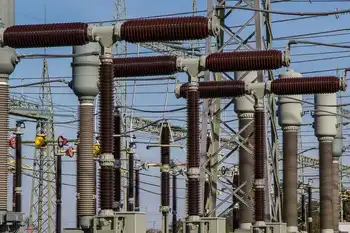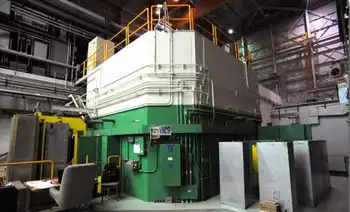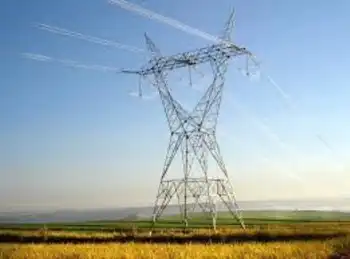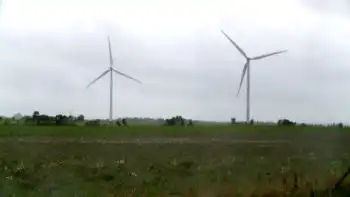Canada to phase out older coal-fired power plants
By National Post
CSA Z463 Electrical Maintenance -
Our customized live online or in‑person group training can be delivered to your staff at your location.

- Live Online
- 6 hours Instructor-led
- Group Training Available
The new standards, expected to be firmed up by early 2011, will force electricity producers to phase out older, high-emitting coal-fired plants and require newer facilities to match the lower greenhouse-gas emissions of more efficient natural-gas fired plants.
Canada has 51 coal-fired plants producing 19 of the countryÂ’s electricity and 13 of its greenhouse gas emissions. However, 33 of those plants will reach the end of their economic lives by 2025. Unless the operators make substantial investments to cut emissions from the aging facilities, theyÂ’ll be required to shut down.
“Our regulation will be very clear,” Mr. Prentice said at a press conference. “When each coal-burning unit reaches the end of its economic life, it will have to meet the new standards or close down. No trading, no offsets, no credits.”
Canada is frequently criticized by green groups for not doing enough to protect the environment and for allowing emissions of greenhouse gases to rise steadily over the last two decades.
As well, the Conservative governmentÂ’s record is expected to be under scrutiny as green groups and international media descend on Toronto for the G8 and G20 summits.
Still the measures, expected to reduce emissions by 15 megatonnes — the equivalent of taking 3.2 million vehicles off the road — received some support from the green sector.
“We’re looking at this positively,” said Marlo Raynolds, executive director of the Pembina Institute, an environmental think tank. “For once the minister is heading in the right direction but the details of the regulations must actually result in a true and timely phase out of coal power in Canada.”
The move is a departure from the Canadian governmentÂ’s usual practice of coordinating its emission-reduction targets with U.S. moves. The planned regulations are much stricter than current proposals for coal-fired power in the United States.
The only regulation of carbon dioxide from coal plants in the United States is within the 10-state Regional Greenhouse Gas Initiative in the Northeast, which aims to cut emissions from power plants by 10 by 2018.
The U.S. climate bill sponsored by Senators John Kerry and Joe Lieberman would put emissions caps on power plants, including ones fired by coal. It would also launch a cap and trade market in emissions credits, but the future of the legislation is uncertain as it faces stiff opposition from lawmakers from coal and oil states.
TransAlta Corp, the countryÂ’s largest operator of coal-fired plants, said it supports the new standard as long as the regulations donÂ’t threaten the reliability of the countryÂ’s power system.
“We’re supportive of the approach,” Steve Snyder, TransAlta’s chief executive, said in an interview. “We think it raises some issues that have to be resolved, but we think they can be.”











